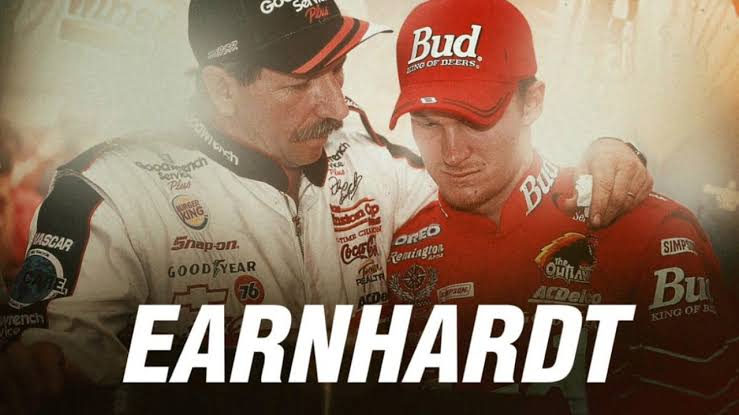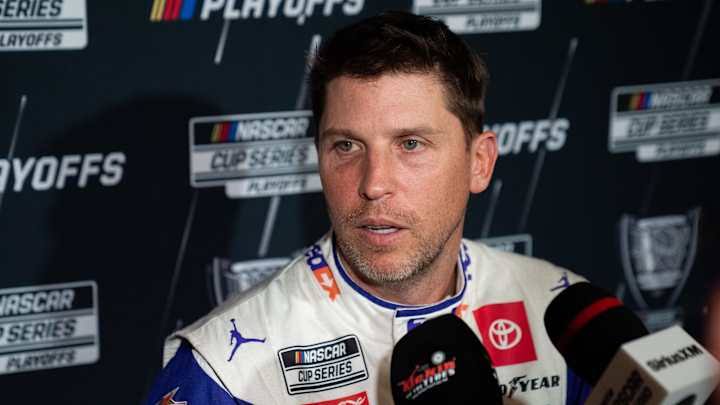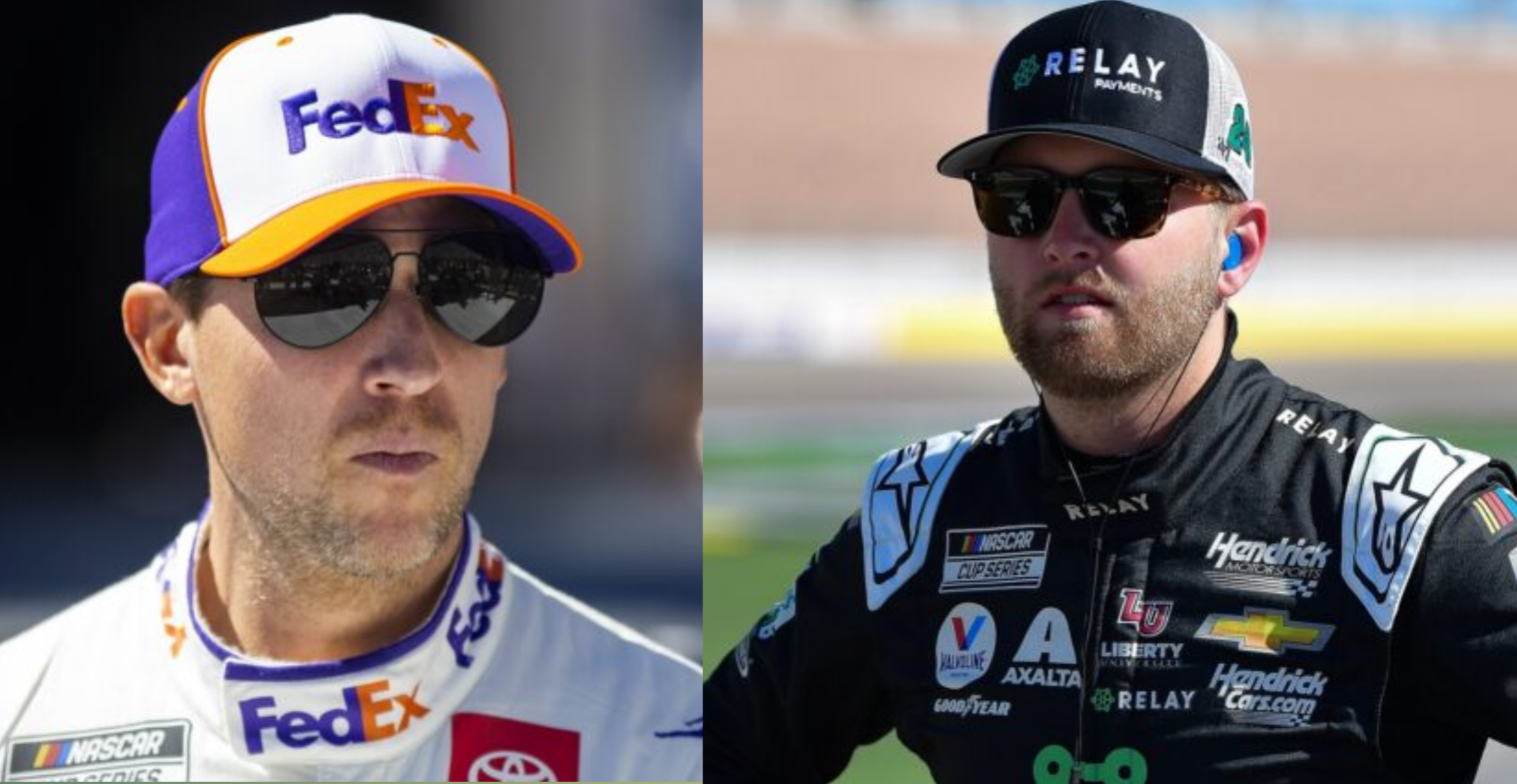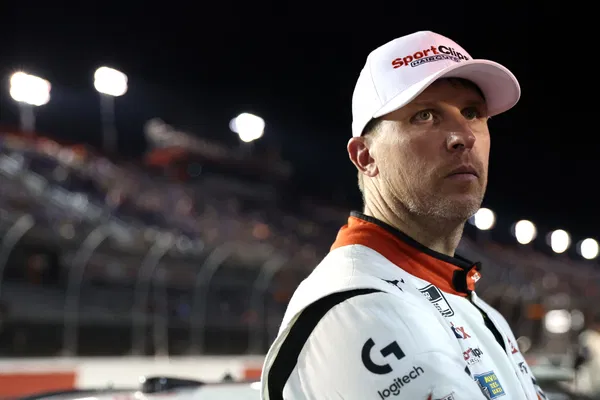A new docuseries aiming to chronicle the iconic Earnhardt family’s NASCAR legacy has done more than spark nostalgia—it’s stirred real controversy. Instead of serving as a reverent tribute to one of racing’s most influential dynasties, the series has faced sharp criticism for its dramatized retelling and factual inconsistencies. At the center of the backlash is Dale Earnhardt Jr., who has publicly challenged the docuseries’ narrative and stepped in to correct the record.
The documentary, heavily marketed as an “insider’s look” into the Earnhardt legacy, has been accused by fans and insiders alike of glossing over key truths and, in some cases, rewriting history. Dale Jr. didn’t stay silent. Through a combination of social media statements and a detailed discussion on his Dale Jr. Download podcast, he pushed back against the inaccuracies. “If you’re going to tell the story of our family, get it right,” he said. “We owe it to my dad’s legacy and to the fans who lived this history with us.”
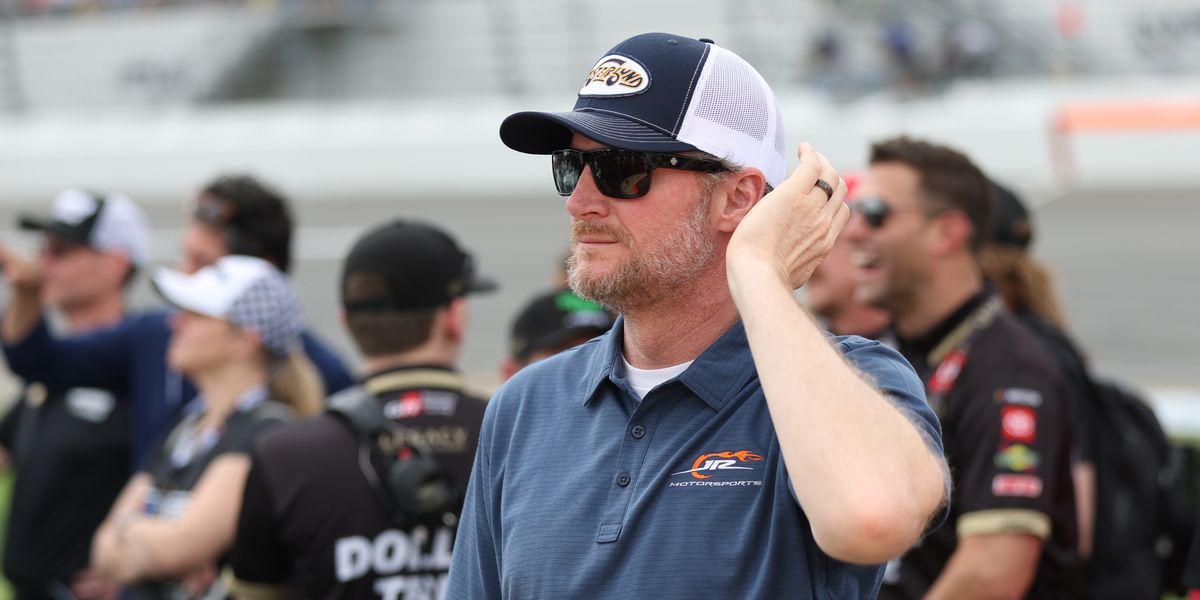
Among the major points of contention was how the series depicted Dale Earnhardt Sr.’s relationship with NASCAR leadership. The show painted him as a constant rebel, someone always clashing with authority. Dale Jr. clarified that while his father had a fierce, independent spirit, he worked closely with NASCAR’s top brass and was a key figure in shaping the sport’s future from the inside. Calling him an outsider, Dale Jr. said, misses the truth entirely.
The docuseries also took creative liberties with the events surrounding Dale Sr.’s tragic death at the 2001 Daytona 500. It hinted at a conspiratorial atmosphere and injected unnecessary drama into what was already a profoundly painful chapter in racing history. Dale Jr. didn’t mince words here, calling that approach “irresponsible storytelling.” He reminded viewers of the facts, the very real impact the crash had on safety standards in the sport, and how the industry came together in response—not apart.
Another misstep in the documentary was its treatment of Teresa Earnhardt. While her role in Dale Sr.’s business empire and DEI (Dale Earnhardt Inc.) is complex, the series largely diminished her contributions. Dale Jr., despite his well-known falling out with her, made it clear that her early vision was crucial to DEI’s success. “You can’t tell Dad’s story without her,” he noted.
Finally, the docuseries allegedly misrepresented the circumstances of Dale Jr.’s departure from DEI, portraying it as an impulsive and emotional move. In reality, as Dale Jr. explained, the decision followed years of tension and failed negotiations. “It was the hardest choice I’ve ever made,” he said, pushing back against the simplified version shown onscreen.
For a series that set out to honor a racing legend and his legacy, missing the mark on so many key elements has been disappointing for many fans. Dale Jr.’s response has not only corrected the record—it’s reminded everyone what the Earnhardt name truly represents: grit, honesty, and a commitment to the sport that runs deeper than drama.
If anything, this controversy underscores why stories like these demand more than just dramatic editing—they demand truth. And Dale Jr. is making sure the real story stays in the race.

